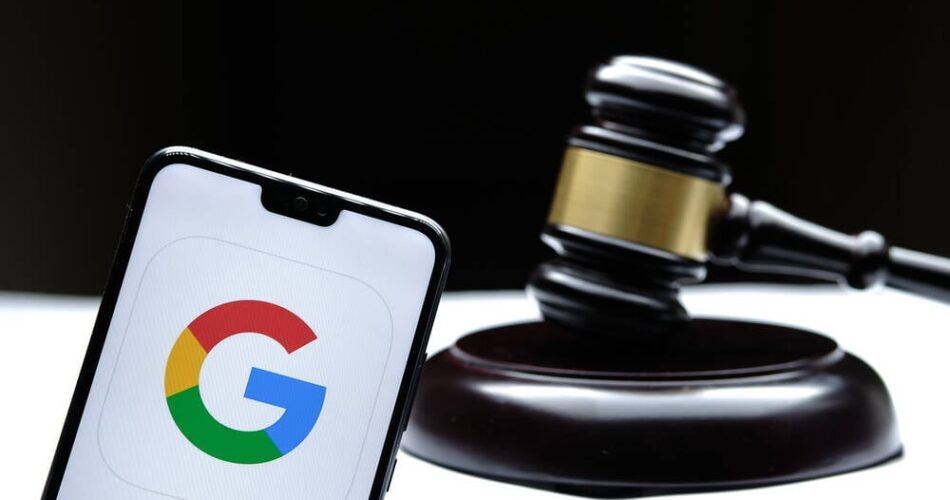A California judge has cleared the way for a potentially massive class-action lawsuit against Google, which stands accused – again – of anticompetitive practices surrounding its Play store.
In an order [PDF] issued on Monday, District Judge James Donato said the plaintiffs in the case had proven that they met the stipulations to be defined as a class, opening the door for arguments at trial that will sound familiar to those aware of past app store antitrust cases.
The class in the case consists of all persons on 12 US states and territories, including Michigan, Ohio, Wisconsin, Puerto Rico and the US Virgin Islands, who bought an app or made an in-app purchase through the Google Play Store on or after August 16, 2016.
While agreeing that the plaintiffs have a valid class-based argument, Donato denied Google’s request to reject submitted expert testimony the plaintiffs used to prove their class status.
As has been the case in other lawsuits against Google’s Play Store – and Apple’s App Store, for that matter – lawyers argue that Google maintains a monopoly on Android apps, and uses other anticompetitive behavior “to foreclose alternative and competing Android app distribution channels,” Donato said in the opinion.
Google’s purported monopoly on Android app installations allows it to charge a 30 percent commission on app and in-app purchases, the case claims. Lawyers are arguing that cost gets passed directly on to consumers, who end up paying inflated prices to make up for Google’s cut.
If that sounds familiar, it’s the same line of reasoning behind last year’s Cameron et al v. Apple Inc decision, and with good reason – many of the same folks are involved. Plaintiffs in the Apple case were even represented by the same lawyers from law firm Hagens Berman, who earlier this year secured a $90m settlement with Google over anticompetitive Play Store behavior.
Lawyers from Hagens Berman appear in the docket for the case being heard by Donato, too. Given the firm’s habit of extracting money from Google and Apple (the 2021 settlement saw Apple pay out $100m), the larger combined case, set to be heard at trial next year, could cost Google millions. Although considering Alphabet made more than $16 billion in profit last quarter such fines are more likely considered a business expense.
In the settlement against Google arrived at in July, Google promised to make it easier for other app stores to be used on Android devices and would begin allowing developers to direct app users to rival app stores or the developer’s own website to make purchases of in-app goods without Google getting a cut.
According to Reuters, a trial in the newly-certified class action case will begin in June next year. ®
Source link



